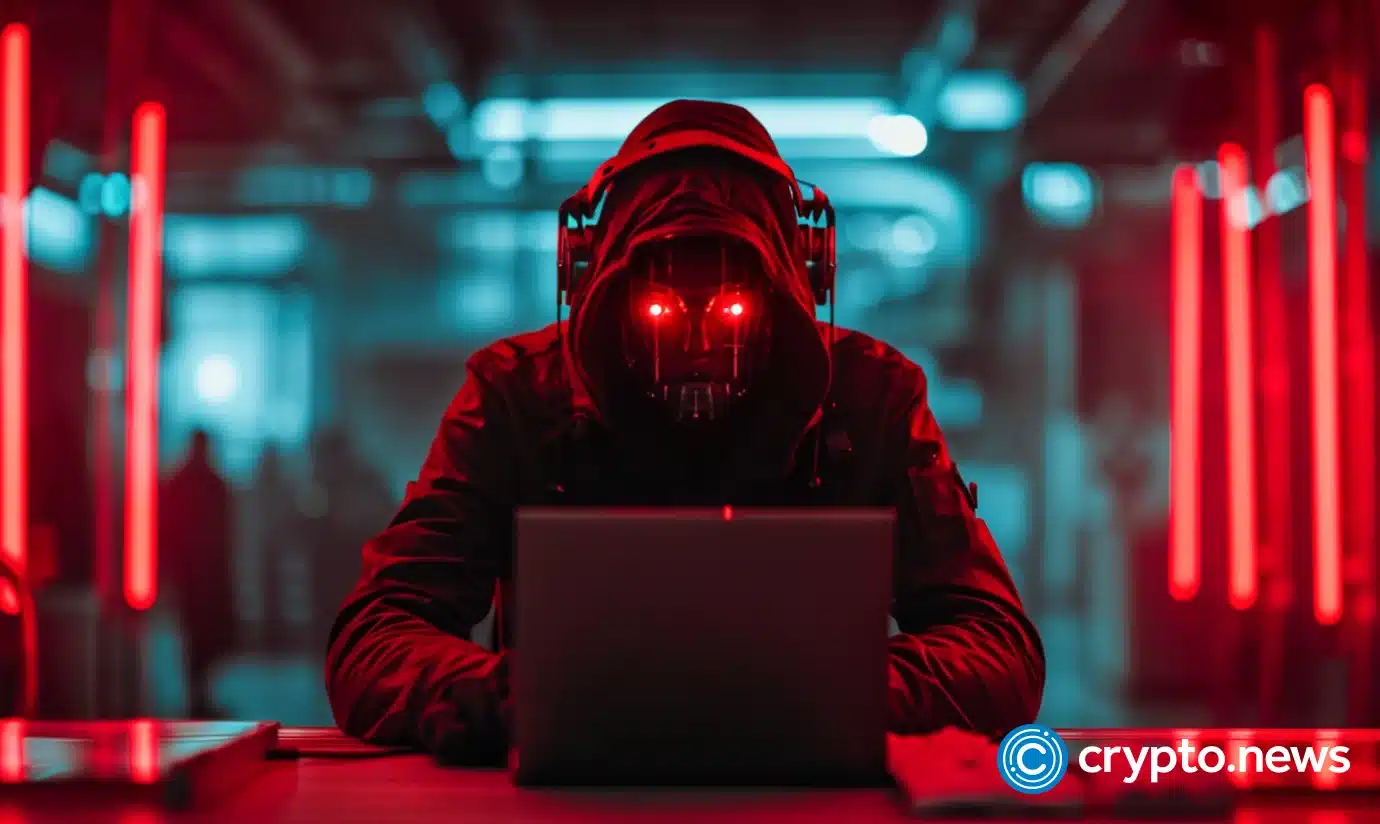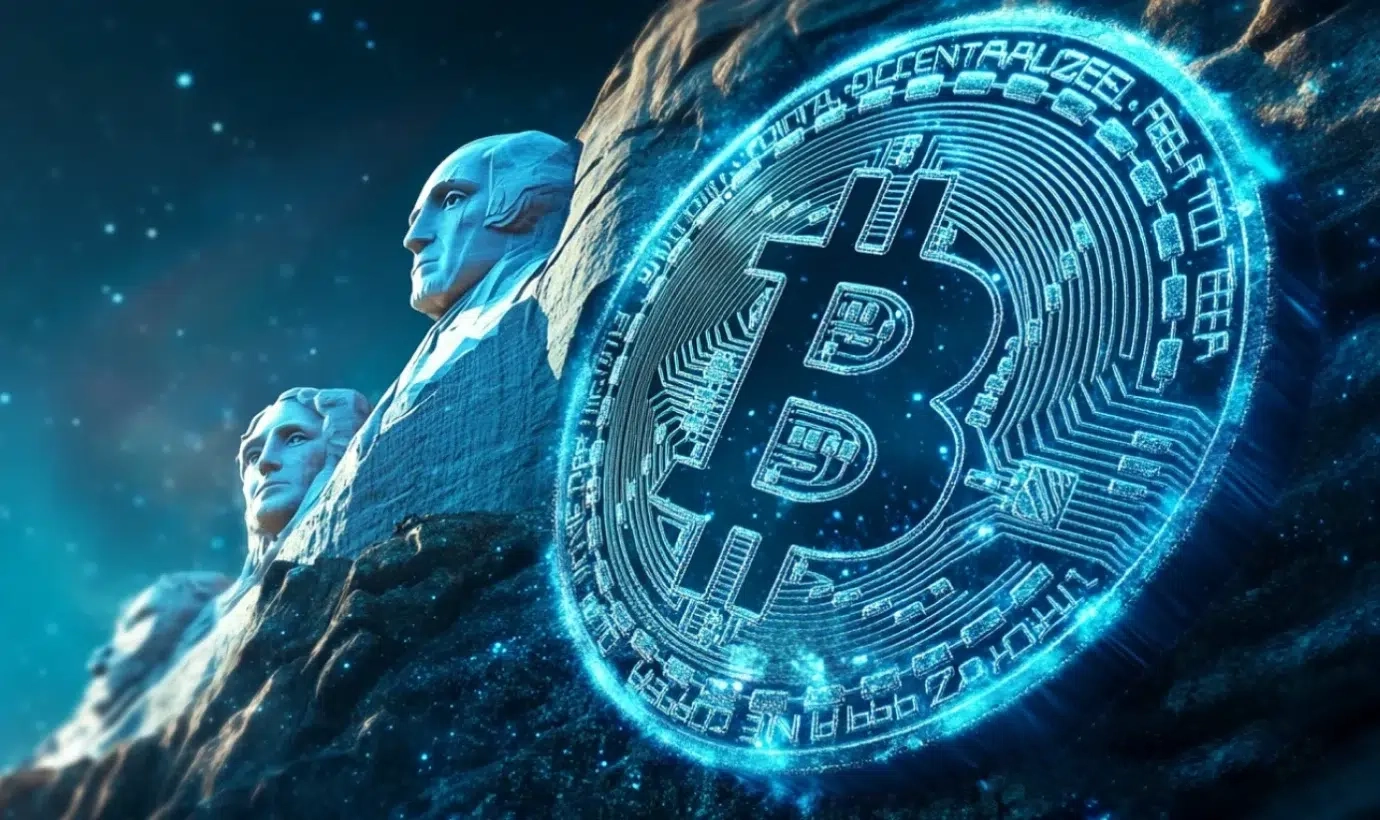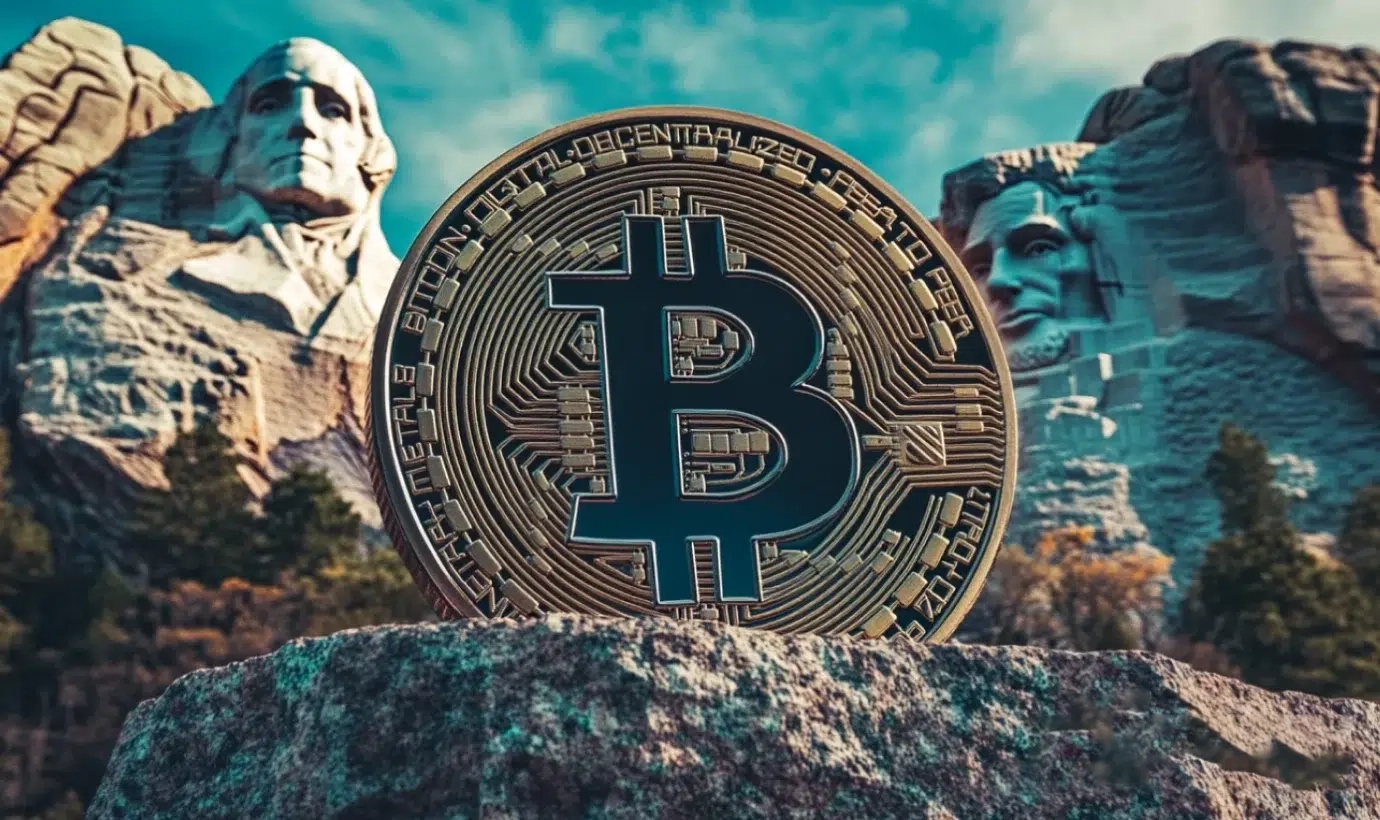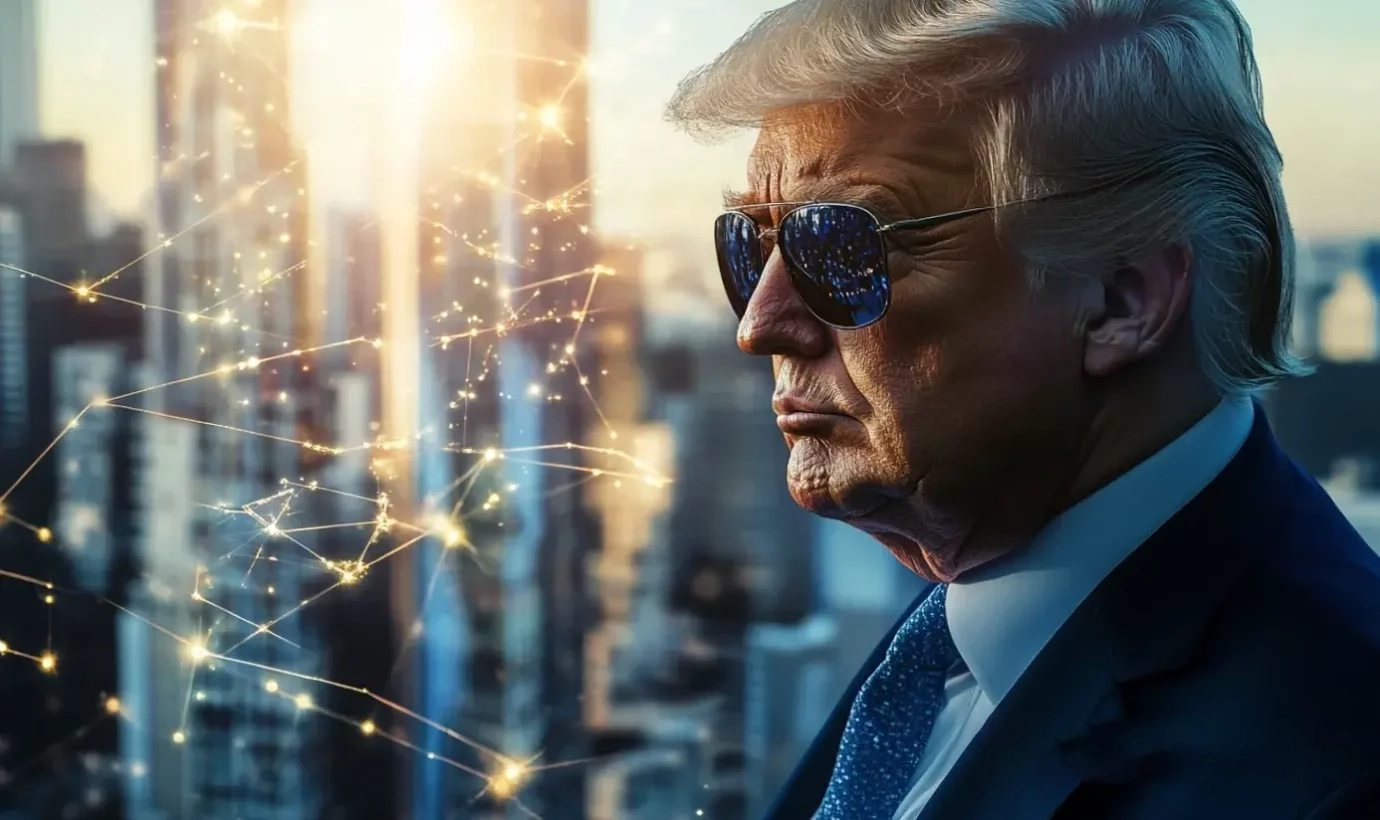
Imagine casting your vote from the comfort of your home, confident that it’s secure and counted accurately. That’s what blockchain technology promises for the future of US elections.
Voter trust is at an all-time low, with nearly one in five Americans unsure about the integrity of our elections. Blockchain could be a game-changer, offering transparency and security in voting processes.
The Current State of Election Trust
Election integrity has been a hot topic, especially following the 2024 presidential election. Many Americans doubt the current voting system’s security and accuracy.
According to Gallup, distrust has skyrocketed, with 19% of voters unsure if votes are counted correctly. This highlights a need for a fresh approach that both sides can agree on.
The skepticism stems from various issues: mail-in voting concerns, potential hacking of voting machines, and outdated counting procedures that take days to finalize results.
Blockchain: A Solution Everyone Can Trust?
The idea of blockchain in voting isn’t new, but it has gained traction due to its promise of transparency and security.
A blockchain voting system would mean that each vote is recorded on a public ledger, viewable to everyone, and tamper-proof.
This system could eliminate many current concerns, such as voter fraud and vote tampering, by ensuring that each vote is tied to a unique identity verified by the system.
Practical Implementation Challenges
Implementing blockchain voting involves complex technology and collaboration at various levels.
It requires buy-in from validators, who are responsible for confirming each transaction on the chain.
Despite its potential, blockchain voting faces hurdles such as technological understanding among voters and political resistance.
Voting from Anywhere, Anytime
Blockchain could enable voting using mobile devices, allowing participation from anywhere.
The security of voter identity can be strengthened by verifying identities through biometric data or similar methods.
This could enhance accessibility, encouraging higher voter turnout by making voting easier and more secure.
Privacy Concerns and Solutions
Concerns over voter privacy can be addressed with zero-knowledge proofs.
These allow voters to prove their identity without revealing personal details or how they voted.
Such technology ensures election integrity while respecting voter anonymity, a vital aspect of democratic elections.
The Role of Zero-Knowledge Proofs
Zero-knowledge proofs are cryptographic innovations that protect data privacy.
They authenticate a fact without revealing the fact itself, which is crucial for secure voting systems.
Integrating these proofs can bolster confidence in a blockchain voting system, ensuring its reliability and transparency.
Looking to the Future
The path to blockchain voting is laden with challenges but holds promise for more secure elections.
As technology advances, integrating blockchain into voting systems could become feasible and widely accepted.
This future could involve seamless voting experiences with greater accessibility and security for all voters.
Case Studies and Proven Successes
There are successful implementations of blockchain in areas like vehicle registration, which inspire confidence in its voting application.
For instance, in California, blockchain is used for vehicle titles, reducing time and effort significantly.
These precedents suggest blockchain’s potential to revolutionize voting, enhancing efficiency and trust in electoral processes.
The Need for Bipartisan Support
Achieving blockchain-based voting demands cooperation across political divides.
Both parties must recognize the mutual benefits of secure, transparent elections.
Increased voter participation and reduced fraud could unite differing political viewpoints towards a common goal.
Blockchain technology presents a promising path to restore trust in US elections, offering a secure and transparent voting alternative.
By addressing concerns of fraud and accessibility, blockchain could transform how Americans engage in the electoral process.






